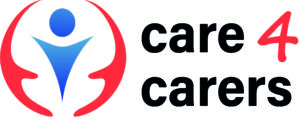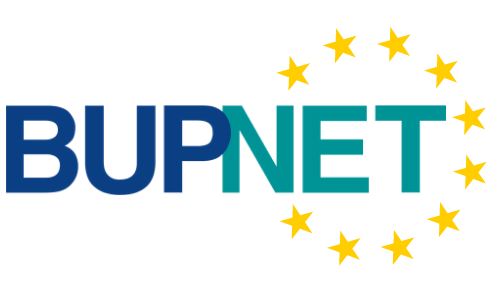Care4Carers
Family carers (or informal caregivers) are an essential component of the health and long-term care system in many European countries. They provide unpaid support to an ageing, chronically ill or disabled relative, usually in the home environment of the person. An especially heavy burden is falling on women who provide about two thirds of informal care. They are facing great challenges as they often have to combine caregiving responsibilities, career and personal life which may result in a lack of privacy, professional growth and free time. In order to meet their multiple roles they are likely to reduce work hours or give up work entirely. After the caring period, the re-integration into the labour market turns out to be difficult as support for the transition is missing.
The Care4Carer project wants to fill this gap of support through the development of an innovative and interactive support programme designed to address informal carers’ specific needs.
The projects aims to
- support the re-entry into the labour market
- facilitate the reconciliation of caregiving and work life
- strengthen carers’ abilities to develop new career perspectives
- improve their knowledge on the job market and develop job application techniques
- promote their social, personal and professional competences
To this end the project will produce the following project results:
- Stocktaking report on educational and labour market needs of family carers
- Counselling guidelines for adult education professionals
- Training modules
- Family Carers Online Hub
- Publication on employment support of family carers
The partnership is led by die Berater, Austria, and has experienced Education and Training organisations from Germany, Denmark, Greece, Cyprus, Italy, and Bulgaria as project partners.
Project website: https://care4carers.eu/
Funded by the European Union. Views and opinions expressed are however those of the author(s) only and do not necessarily reflect those of the European Union or the European Education and Culture Executive Agency (EACEA). Neither the European Union nor EACEA can be held responsible for them.

